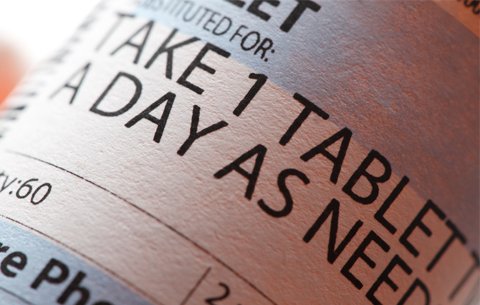1401 Avocado Ave, Suite 104 Newport Beach, CA 92660 | Current Patients: (949) 640-1320 | Fax: (949) 640-1324
Monday - Friday: 9:00am-6:00pm | Saturday: 9:00am-2:00pm | Closed Sunday & Major Holidays
The Role of Pharmacists in Patient Care
Pharmacists play a vital role in quality patient care and medication management. They are highly trained healthcare professionals with the knowledge and skills to ensure patients receive safe, effective, and appropriate medication therapy.
Our pharmacists in Newport Beach work in a variety of settings, including hospitals, community pharmacies, clinics, and long-term care facilities.
The role of pharmacists in patient care is indispensable. Learn how pharmacists help patients manage their ailments.

How Do Pharmacists Help Patients?
Here are different ways pharmacists play a critical role in patient care and medication management –
1. Medication Management
One of the most essential roles of a pharmacist is medication management. Pharmacists are experts in medications and can ensure that patients receive the correct medication and dosage for their medical conditions.
They work closely with physicians to ensure that medicines are prescribed correctly and do not interact with other drugs the patient is taking.
Pharmacists also help patients understand how to take their medications properly and provide information on potential side effects.
Recent Post
- The Role of Pharmacists in Patient Care
- Understanding Drug Interactions and How to Avoid Them
- The Importance of Getting Vaccinated: Understanding Vaccines and Their Benefits
- Understanding the Differences Between Brand-Name and Generic Medications
- Understanding the Risks and Benefits of Prescription Painkillers
2. Monitoring for Adverse Drug Reactions
Pharmacists also play an essential role in monitoring patients for adverse drug reactions (ADRs). ADRs occur when a medication causes an unintended reaction or side effect.
Pharmacists are trained to identify and manage ADRs and can work with physicians to adjust medications or dosages if necessary.
It is crucial for patients taking multiple medications or having underlying medical conditions.
3. Patient Education
Pharmacists also provide patient education on medications and their proper use. They can help patients understand why a medication is prescribed, how it works, and how to take it properly.
Pharmacists can also provide information on potential side effects and what to do if they occur. Patient education is critical in ensuring patients receive the maximum benefit from their medications and avoid potential harm.
4. Preventative Care
Pharmacists also play a role in preventative care. They can provide vaccinations, such as the flu shot, and education on preventive measures for various medical conditions.
Pharmacists can also perform health screenings, such as blood pressure and cholesterol checks, to help identify potential health problems before they become serious.
5. Collaboration with Other Healthcare Professionals
Pharmacists also work closely with other healthcare professionals to provide comprehensive patient care. They can provide medication recommendations and work with other healthcare professionals to ensure patients receive appropriate medication therapy. This collaboration ensures that patients receive the best possible care and can lead to improved patient outcomes.
Pharmacists’ role in patient care is essential as they are more than just medication dispensers. If you have questions about your medications or their proper use, speak with your pharmacist.
Upgrade Your Wellness Approach with Compounded Medications
Discover a new level of pharmaceutical care at Newport Center Compounding Pharmacy. Our expert pharmacists blend science and innovation to create personalized medications catering to your health requirements.
Contact us to experience the power of customized treatment and embrace a healthier, happier you. We are committed to providing the best services at our Pharmacy.

